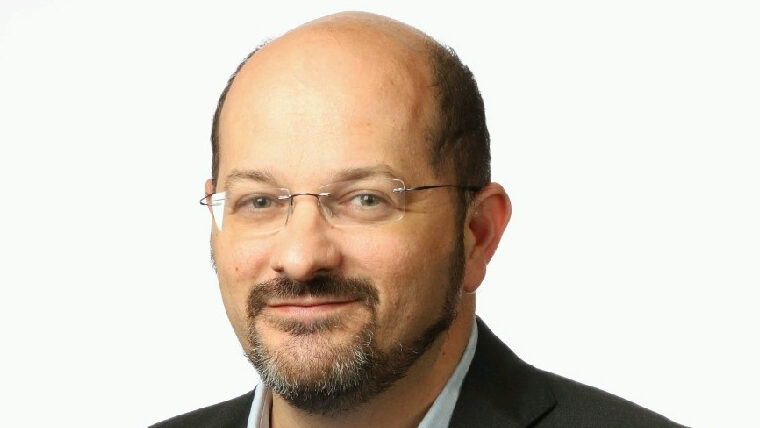Jonathan Cohen, Director of Clinical Research at Sharett Institute of Oncology of Hadassah Medical Center, shared on LinkedIn:
“Adjuvant Therapy in Melanoma? Primum NON NOCERE.
In a debate on adjuvant therapy for melanoma I faced my mentor Michal Lotem in the Israeli national melanoma and skin cancer meeting.
Final decisions are complicated, and it is still the standard of care to give such treatment. Following this disclaimer:
Some points that I made against adjuvant therapy to be considered:
- Checkpoint inhibitors have toxicities, including fatalities.
- RFS is not highly correlated with OS.
- Ipilimumab showed a survival advantage in EORTC 18071, but in the placebo arm upon recurrence of 323, only 82 received IPI, 41 an anti-PD1; severely confounding the results.
In Stage II:
- CheckMate76: At 3 years, RFS for nivolumab is good, but DMFS shows only a 5% difference, and CI reaches 1, with PFS2 showing NO difference.
- KN716: At 4 years, PRFS2 has a 6% difference in favor of pembrolizumab, but CI includes 1.
In Stage III:
- KN054: PRFS2 at 7 years shows an 8% difference in favor of pembro; however, only 72% in the placebo arm received systemic treatment upon progression.
- CM238: At 7 years, no survival benefit for nivolumab over ipilimumab, despite RFS and DMFS advantage.
- A Swedish registry study presented at ESMO2024 by Hildur Helgadottir comparing pre- and post-adjuvant therapy in Stage III shows no survival difference at 3 years (no new salvage options for Stage IV during this period).
Neoadjuvant data (SWOG S1801, NADINA, and others) show that giving ICI when the disease is present is superior to giving it after tumor resection. If neoadjuvant is not applicable (high-risk Stage II or non-clinical nodes), it might be more effective to give treatments at disease recurrence than as adjuvant therapy. Based on the above data, this approach is probably not inferior while avoiding unnecessary toxicity to healthy individuals. Could this be “corrected” by vaccines, e.g., V940 mimicking melanoma presence?
I will still be offering adjuvant therapy to appropriate patients in my clinic tomorrow, but the discussions will need to reflect these insights. Research for biomarkers and better patient selection methods is urgently needed.”


